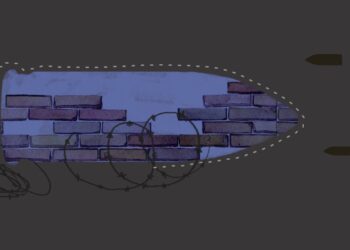Who Will Opt for Paid Exemption From Military Service?”
Most men who evaded serving in the army left the country before adulthood, often because their parents made the decision for them. A new package of amendments to the law on military service now provides options but how fair are these?











